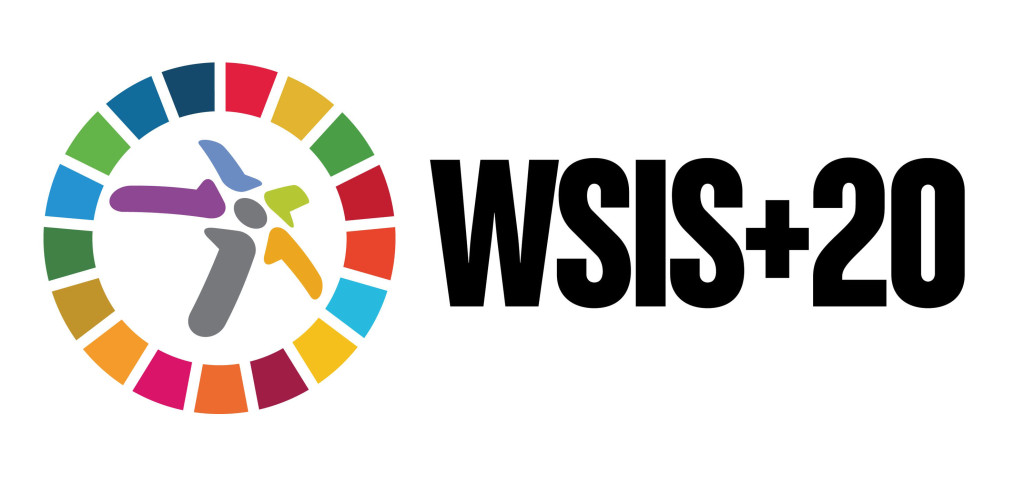Bangladesh civil society lays out blueprint for a people-centred WSIS+20
The coalition wants WSIS+20 to move from broad aspirations to funded, rights-based, and locally grounded delivery—so that access becomes affordable, safe, multilingual, and genuinely useful for everyone.

A coalition of Bangladeshi civil-society groups has submitted a detailed set of proposals to the UN’s WSIS+20 review, urging governments to hard-wire human rights, meaningful connectivity, and on-the-ground delivery into the next phase of global digital-policy cooperation. The paper is led by the Bangladesh NGOs Network for Radio and Communication (BNNRC), with the Bangladesh Internet Governance Forum (BIGF) and the Pact for Future – Bangladeshi CSOs Initiative (BCI).
The submission argues that, despite major gains in access and services since WSIS 2003–2005, the original goals from Geneva and Tunis remain only partly fulfilled and the digital divide – especially around access to information and knowledge – is widening and increasingly commercialised.
At the institutional level, the groups call for a permanent, well-funded WSIS and Internet Governance Forum (IGF) Secretariat, paired with national action plans, a UN-coordinated reporting system, and regular multistakeholder platforms so commitments translate into delivery. They also want closer links between WSIS/IGF and UN Resident Coordinator offices to anchor global decisions in country realities.
On access, the paper shifts the focus from ‘being online’ to ‘meaningful use’: affordability, local-language content, safety, and skills. It proposes public and blended financing (universal-service funds, subsidies, PPPs), spectrum reforms for rural roll-outs, and support for community networks and innovative last-mile tech.
The authors urge an end to state-imposed internet shutdowns, citing harms to education, health care, finance, journalism, civic life, and humanitarian operations. ‘Connectivity is a lifeline,’ they write, calling for uninterrupted, secure, and affordable access.
Human-rights safeguards for AI and other emerging technologies are a central thread. Invoking the precautionary principle, they support considering moratoria – or bans where necessary – on systems that cannot meet international human-rights standards, coupled with transparency and accountable oversight.
The submission asks that digital-public-infrastructure and digital-public-goods agendas explicitly include NGOs’ networks and capabilities so services reach marginalised users. It also calls to tackle market concentration in the digital economy and to empower states – especially in the Global South – to regulate fairly and secure fiscal justice.
Gender equality features prominently. The groups press platforms to adopt feminist design and stronger measures against technology-facilitated gender-based violence, grounding the asks in recent UN resolutions and outcomes.
Additional proposals cover data/AI literacy beyond basic digital skills; protection of cultural and knowledge commons in AI training; media freedom with recognition of encryption and anonymity tools; and action against disinformation that still respects freedom of expression.
BNNRC situates these asks in two decades of work: convening Bangladesh’s WSIS working group in 2002, hosting the Bangladesh IGF Secretariat since 2006, engaging UN cybersecurity processes, and winning multiple WSIS Prizes for ICT-for-development initiatives.


